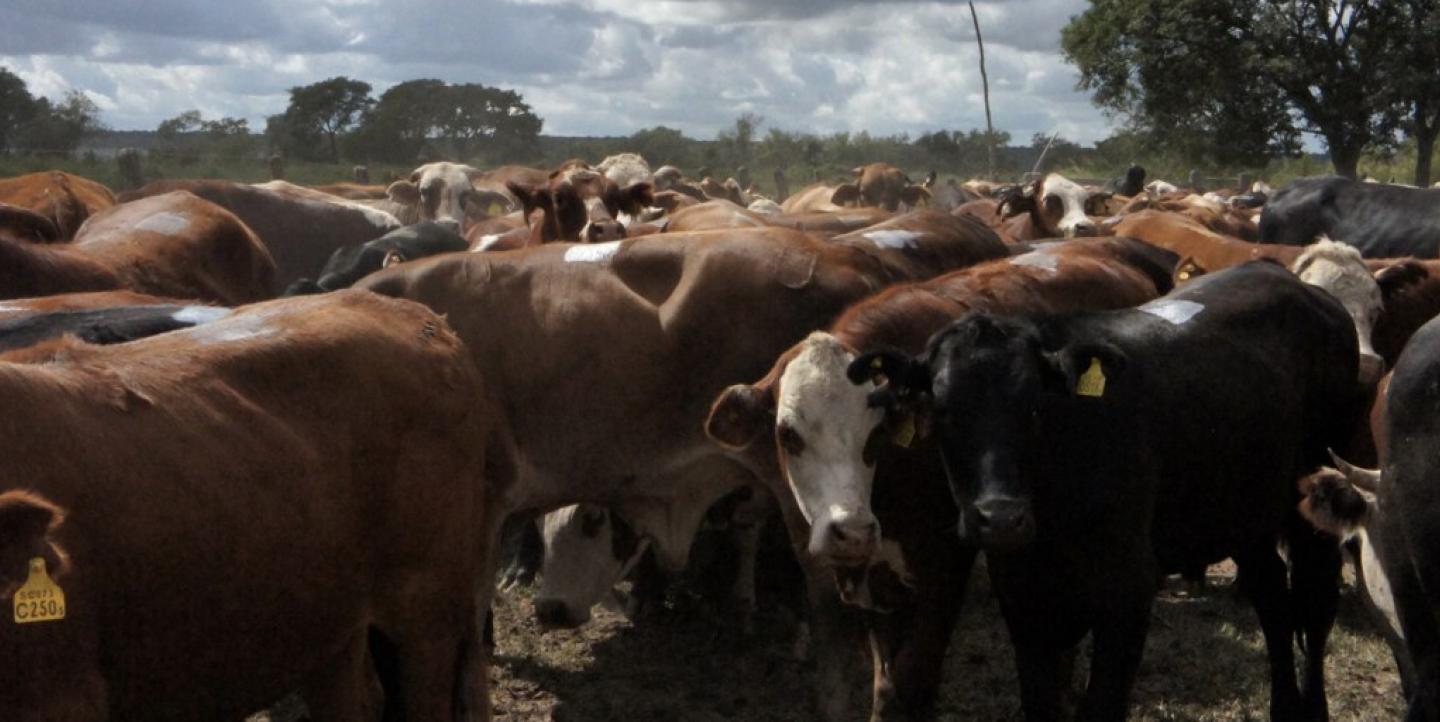The complex and broad food and agriculture beat can be tough for any journalist to bite into.
Food and agriculture reporters cover everything from food-borne illness to genetically modified crops to urban farming. They have to grasp politics, economics, science and cross-cultural issues.
IJNet asked science journalist and freelance reporter Aleszu Bajak, a 2013-2014 Knight Science Journalism Fellow at MIT, for advice on how to tackle this complex topic. Bajak covers food and agriculture on LatinAmericanScience.org, a bilingual resource for science news, which he founded.
In March, he will help train journalists at a four-day Food Boot Camp conducted by the Knight Science Journalism program at MIT. Bajak talked with IJNet about where to start looking for stories on the beat, which topics deserve more coverage and work that inspires him.
IJNet: In your opinion, what food and agriculture topics deserve more news coverage?
AB: Most food/ag coverage tends to highlight the battle over GMOs, the challenges of feeding a growing global population, the promise of technological and scientific advances and of course the effect of climate change on our food systems. Other themes I'd love to see explored in depth: Deforestation in response to agriculture in developing countries; global loss of acreage: food versus fuel; who is leasing Latin America's farmland and why; the state of the globe's aquifers; oil, gas and mining and their effects on the food system; the threat agricultural pests (fungi, viruses, bacteria and others) pose to our increasingly homogeneous food supply; the worldwide collapse of fisheries; the list goes on...
IJNet: Do you have any tips for reporters beginning to dig into these issues?
AB: Find a local story or a local component to a global issue. Start talking to farmers, producers, middlemen, researchers, scholars, scientists, policymakers. Wrap your head around the issues. Look at the prior stories and remember the strengths and weaknesses of those pieces. Look at video, podcasts, op-eds, scientific studies, there's plenty out there. The more informed you are, the more your sources will confide in you. Get your hands dirty. Go to the farm or the lab or the conference or the docks. Note the details. Talk to the workers and their supervisors. Take copious notes.
And keep a skeptical and open mind about everything you read and everyone you chat with. People have their priorities and yours is the truth. Be nice. Don't demonize people.
IJNet: Can you share a few examples of outstanding journalists reporting on food, or recent noteworthy reporting?
AB: Tom Philpott understands the ins-and-outs of our food system and is great at explaining them--even when he has to be concise on his blog at MotherJones. I follow Erik Vance's writing out of Mexico: he's been writing about everything from climate change to drugs to fisheries. His latest on the future of the global fishery is great.
NPR's Food Blog “the salt” usually gets some good reporting outside of its normal in-vogue reporting on foodie trends. Greenwire (behind a paywall) is an amazing resource for well-reported breaking environmental news from the US and beyond. YaleE360 is great at pointing to important reporting and new studies. Nature News has done some great investigative pieces. Science mag also. Modern Farmer has done some great reporting recently, too. I also encourage you to look at Maryn McKenna's work on antibiotic resistance over at WIRED.
One interesting story was the coverage that came out over the last year about quinoa in Bolivia and Peru. There was a lot of different coverage--lambasting foodies for starving Bolivians; correlating the demand for quinoa with self-empowerment for Andean women; etc. The takeaway seemed to be best summarized by the AP: The issue was a lot more complicated and the piece illuminated how on-the-ground reporting was key. (Full disclosure: My father [Frank Bajak, Associated Press Chief of Andean news] worked on that piece.)
IJNet: How important is this issue in 2014?
AB: It's definitely important--it's always been important. I'm fascinated by how much interest there's been recently. But there's too much misinformation out there. The Internet has given everyone a voice. Journalism needs to stand out as a beacon in that fog of hearsay and punditry.
Image courtesy of Jessica Weiss.
Jessica Weiss is a Buenos Aires-based freelancer.

